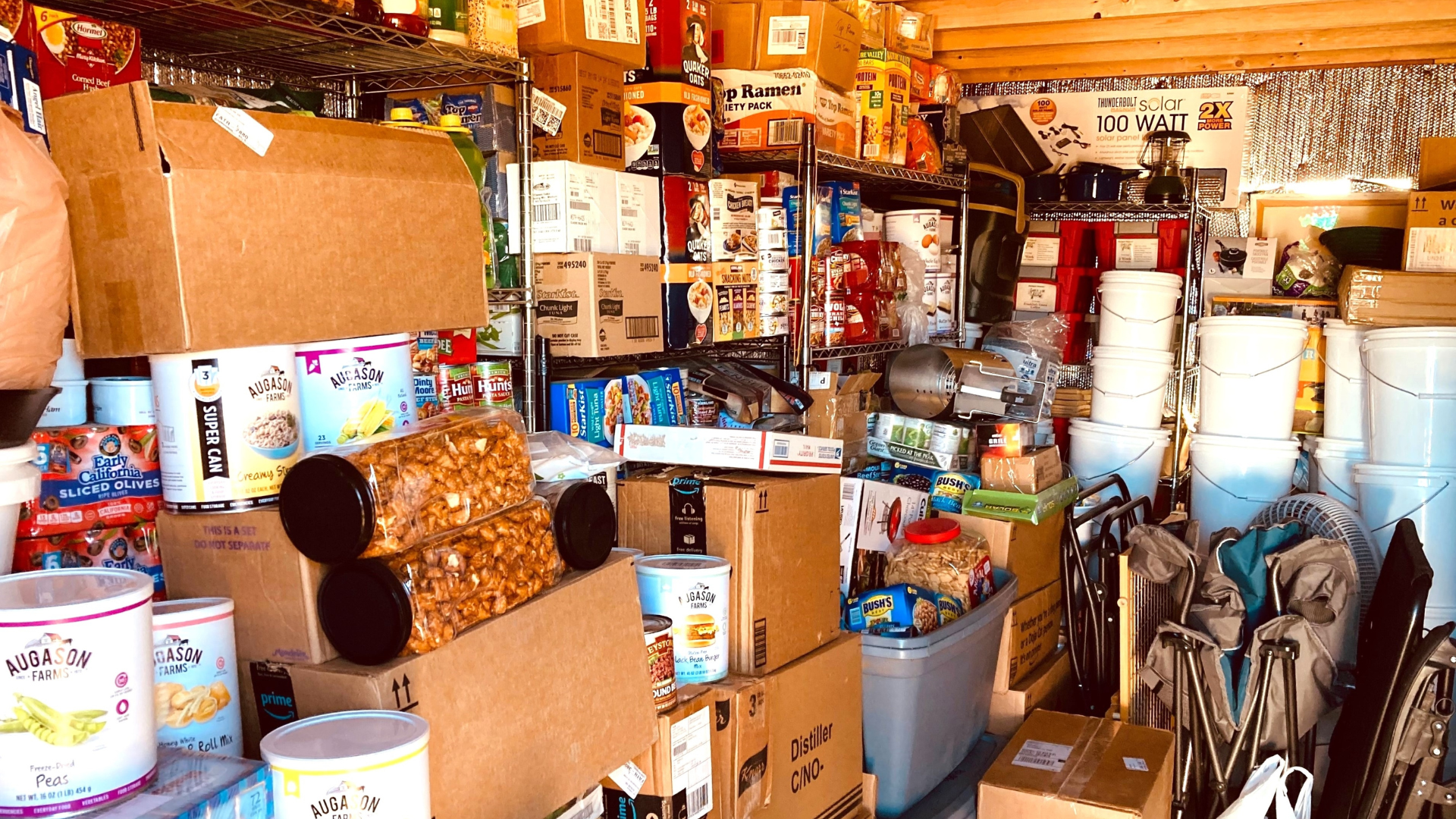Many sources described that substance misuse is labeled as a maternal mental health condition. For example, public health experts from the Ohio Department of Health explained in their pregnancy-related deaths report that maternal mental health (MMH) conditions and injuries, including overdose, are the leading causes of pregnancy-related deaths in Ohio.
Maternal mental health conditions and substance misuse are different and can be co-occurring health conditions for pregnant and birthing parents. The American Psychiatric Association (APA) states that pregnant individuals with psychiatric illnesses are at higher risk of engaging in unhealthy behaviors such as substance misuse, including opioids, tobacco, alcohol, and more. According to Nancy Byatt, Grace Masters, and colleagues, the most common substances used during pregnancy are cigarettes (10 percent), alcohol (8.3 percent), and illicit drugs (6.3 percent).
We cannot ignore the fact that substance misuse and maternal mental health are related.
In a study of pregnant women* who were opioid dependent, 64.6 percent reported they have experienced other psychiatric symptoms such as mood, anxiety, and suicidal thinking. Those who experienced those symptoms also displayed more severe impairment on the Addiction Severity Index, an assessment tool that is used to gauge the severity of an individual’s substance misuse and to provide an analysis of that person’s addiction problems. We cannot ignore the fact that substance misuse and maternal mental health are related.
Substance misuse and mental health comorbidities negatively impact the health of babies
If a birthing parent suffers from both substance misuse and mental health conditions, it can affect their babies’ health.
In a systemic review of the relationship between perinatal substance use and perinatal anxiety, adverse newborn outcomes include mainly low birth weight. The researchers who created the systemic review noted that mothers who used methamphetamine were more likely to have a psychiatric disorder/emotional illness and less likely to breastfeed their newborns. Babies from that study had smaller head circumferences and were admitted to the neonatal intensive care unit (NICU).
Unfortunately, those infants were also more likely to be referred to child protective services.
How is Ohio addressing this public health issue?
Usually, birthing parents who misuse substances fear their children might get taken away by children's services agencies if they reveal drugs or alcohol use. Luckily, Ohio tries to address both this issue and the associated stigma.
According to the Ohio Revised Code, a public children services agency should not file a complaint about the newborn’s mother if she used a controlled substance while pregnant if she completed the following:
- Enrolled in a drug treatment program offered by a provider of addiction services or alcohol and drug addiction services before the end of the 20th week gestation
- Successfully finished or in process of finishing the program and complies with its terms and conditions
- Kept her scheduled appointments and prenatal care suggested by her health care provider for the rest of her pregnancy.
An Ohio Court of Appeals overturned a pregnant woman’s conviction for using fentanyl. Under the Corrupting Another with Drugs law, Tara Hollingshead was initially convicted for admitting that she used fentanyl while in labor. She appealed the case, questioning based on whether the law applied to a pregnant individual who self-administered drugs or offenders other than the pregnant person.
During the case, the American Medical Association (AMA),both Ohio and national organizations, and health experts created a brief; compelling the court to overturn the verdict. The brief explained that the law would deter pregnant women from sharing information with healthcare professionals and deter prevent women from seeking healthcare for themselves and their families, and that incarcerating pregnant individuals would endanger both fetal and maternal health.
Birthing parents should not fear the outcomes of reporting substance misuse if they are seeking help.
Birthing parents should not fear the outcomes of reporting substance misuse if they are seeking help. If a birthing person is seeking medical help for substance misuse, they should also be encouraged to request help for their MMH conditions because they are comorbidities.
Solutions that aim to handle substance misuse and maternal mental health conditions
There are solutions to address substance misuse and maternal mental health comorbidity crisis in Ohio.
Ohio START
The Ohio Department of Medicaid (ODM) extended postpartum coverage from 60 days to one year and it includes behavioral healthcare for postpartum depression and substance misuse treatment, in effect until April 2027. OhioSTART (Sobriety, Treatment and Reducing Trauma) is an evidence-informed children services-led intervention that provides wraparound services for parents who are addicted to substances.
The goal “is to stabilize families harmed by parental addiction so that both children and their parents can recover and move forward with healthy and safe lives.” The Ohio START model involves families, public children's services agencies, family services agencies, behavioral health providers and the judicial system. A Family Peer Mentor and children services worker help families throughout the process. As a result of the program, 86 percent of children are with their parents at case closure.
MOMS Program
The Maternal Opiate Medical Supports (MOMS) Program also ensures pregnant individuals who use Medicaid and suffer from opiate issues receive treatment during and after pregnancy. The treatment includes Medicated Assisted Treatment (MAT),counseling, and case management. To test the effectiveness of the program, Dushka Crane, Michael Marcotte, and their colleagues evaluated the effectiveness of the MOMs program.
Many pregnant individuals in the program were diagnosed with a co-occurring mental health condition. Compared to pregnant women who were not in the MOMS program, those who participated in the program were more likely to used MAT and behavioral health treatment. Those who suffered from both co-occurring mental illness and substance misuse in the program were associated with the reductions in out-of-home placement.
If you know birthing parents who suffer from both a MMH condition and substance misuse, the programs are available to make sure they become healthy individuals to take care of their children. To learn more about Ohio START and the MOMS Program, view the following information below:
*Although we use the terms ‘women’ and ‘mothers’ in some cases due to how earlier data was reported, we acknowledge and recognize that not everyone who could carry a pregnancy refers to themselves this way. We respect the identity of all pregnant or birthing people.




.png)
.png)


